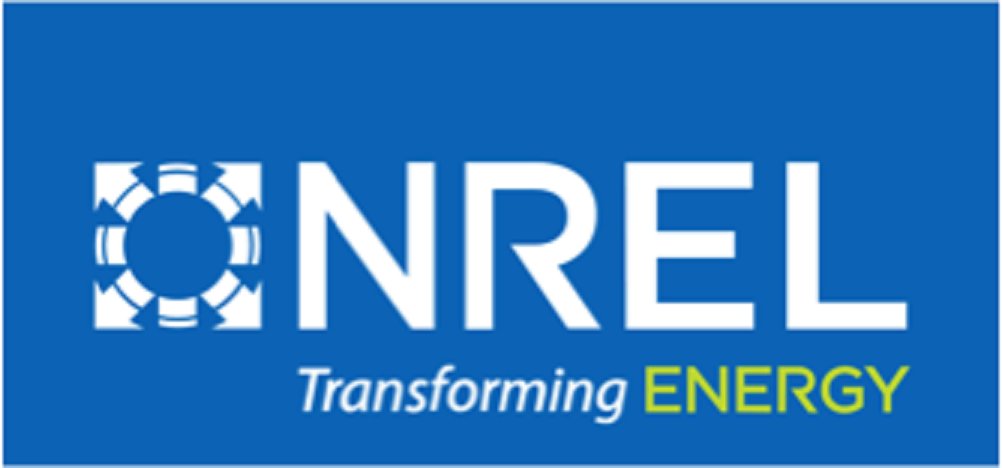NREL: University Researchers Dive Into Water Desalination Challenge
Water is essential to life on Earth, but freshwater is a limited resource for the world’s growing population. To help address the increasing need for clean drinking water, the U.S. Department of Energy’s Water Power Technologies Office (WPTO) is encouraging innovators across the nation to dive headfirst into an up-and-coming renewable energy sector: marine energy.
As part of the Powering the Blue Economy™ Initiative, WPTO developed the Waves to Water Prize, which is structured to foster the development of wave-powered desalination technologies that support sustainability and resiliency in remote, coastal, and island communities. The Waves to Water Prize has helped spark inspiration for novel marine energy technologies, crossing various fields of expertise and welcoming ideas from every corner. Competitors from academia are part of the diverse set of pioneers dipping their feet in the water, helping to develop technologies that produce clean drinking water.
With the five-stage, $3.3 million prize, WPTO aims to accelerate the creation of small, modular, cost-competitive desalination systems that use the power of ocean waves to provide clean drinking water to remote and coastal communities and during disaster recovery. The competition, which is administered by the National Renewable Energy Laboratory, also seeks to inspire a new and diverse community of innovators who can help introduce, expand, and evolve what is possible for marine energy.
In February 2021, WPTO awarded 10 competing teams a total of $800,000 in cash prizes in the third stage of the Waves to Water Prize—the ADAPT Stage—and invited them to move forward to the CREATE Stage—the second-to-last stage in the competition. Of those 10, two are university teams, which bring a unique perspective to the prize: the perseverance and insight of the next generation. These two teams, Ocean Waters and WATER BROS, hail from different regions along the Eastern Seaboard, but they share a passion for knowledge and innovation.
Schools Swim Toward the CREATE Stage
The Massachusetts Institute of Technology’s Ocean Waters team began the competition by developing a compact, portable, and fully mechanical wave-powered desalination system. The device is a large inflatable buoy that harvests wave energy. The energy is captured by a lightweight power take-off system, which pressurizes seawater and uses that pressure to power a land-based reverse-osmosis desalination system.
After the ADAPT Stage, the Ocean Waters team decided to modify their ideas and focus on a design that is reliable, easy to install, and maximizes desalinated water production. Not only has the team optimized the buoy shape and power take-off system, but they have also adjusted their design to adapt to the tide more easily and withstand stormy weather conditions better. So far, the team has tested their small-scale prototype in a wave tank, and now they are getting ready to scale up their prototype to full size. The team’s Ph.D. candidates, postdoctoral researchers, and technical associates are eager to finally build the technology they have been working on over the past 2 years.
Researchers from North Carolina State University and the University of North Carolina at Charlotte have joined with industry partners Katadyn Group and Bodacious Design to develop the Wave Actuated, Tethered, Emergency Response, Buoyant Reverse Osmosis System (WATER BROS), forming a team of the same name. Their rugged, low-cost, wave-powered device, which has a unidirectional, rotational wave energy conversion mechanism, is designed to arrive fully assembled for easy deployment and maintenance that can be performed under all possible wave conditions.
Because all final devices entered into the competition must fit inside a shipping container, after the ADAPT Stage, WATER BROS had to determine how to retain convenience while improving their design. The team decided that the best solution was to change the design’s overall shape from a circle to a square, ultimately maximizing the amount of buoyant force the device can harvest. Another important design element is that WATER BROS’s system is built with common, everyday parts that any mechanic or technician might have on hand. Using simple components helps increase the longevity and practicality of their device, making it easier to maintain and use. So far, the WATER BROS team has deployed two prototypes and is looking forward to testing their device in a wave tank. The team has also pulled in a few extra hands for the CREATE Stage: an undergraduate mechanical engineering student from the University of North Carolina at Charlotte and a science, technology, engineering, and mathematics high school student. Both students bring fresh outlooks to the team and have helped WATER BROS connect with their local community.
Staying Afloat for the DRINK Stage
In the CREATE Stage, Waves to Water participants have 180 days to prove that their proposed systems are viable by developing functional prototypes or proofs of concept. In April 2022, as part of the final stage, the DRINK Stage, the competing teams will deploy their devices, demonstrating their concepts’ viability in real ocean conditions. The Waves to Water Prize has partnered with the Coastal Studies Institute to host the prize finalists at Jennette’s Pier on the coast of North Carolina for the DRINK Stage. The pier will serve as the launch and test site, with competitors anchoring their devices to the nearby seabed over a period of 5 days.
During these final stages, competitors also have the opportunity to consult with Janicki Industries, a full-service engineering and manufacturing company, and receive design-for-manufacturability feedback on their technologies. Additionally, teams have the chance to work with the International Desalination Association, which provides teams with connections within the desalination community and access to technical training seminars.

